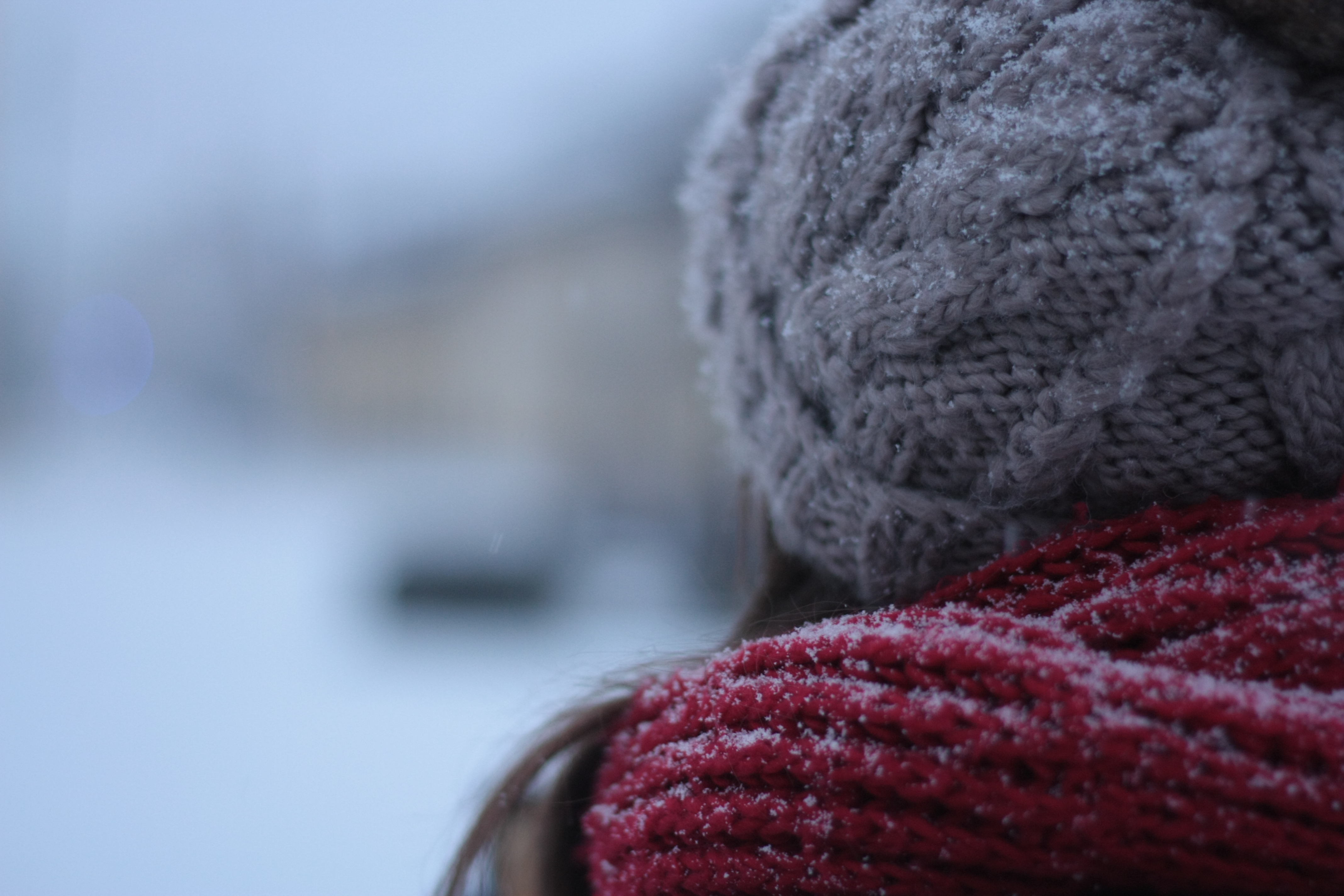Winter is here and whilst it’s fun to wrap up warm and explore the frosty landscapes, cold weather can cause issues for your ears, hearing, and hearing aids. Here’s some top tips from Paul Harrison, BSHAA Council Member and Director of Hearing Aid UK on avoiding ear damage during the chilly winter months.
Infections
During winter, your ears are exposed to cold weather. If your ears get too cold, the circulation is limited, and your ears stop receiving a healthy blood flow. This can increase the risk of ear infections.
A common ear infection called Otitis Media, causes swelling and inflammation. When untreated, it can damage the eardrum and cause blockages which affect the equalisation of pressure within the ear.
If you think you may have an ear infection, book an appointment with your doctor as soon as possible.
Most ear infections are treated with antibiotics, but if left untreated, they can cause significant damage. Hearing loss can also occur whilst the fluid causing the infection drains away.
The best way to avoid ear infections? Keep your ears warm and dry throughout winter. Invest in a woolly hat or earmuffs when the temperature drops.
Another way to avoid ear infections and improve your ear health is eating a healthy diet and doing regular exercise. Both of these improve blood circulation, which helps minimise the risk of infection.

Winter Sports
If you take part in winter sports, your ears are more likely to be exposed to the cold for long periods of time.
Overexposure can result in conditions such as Exostosis – more often known as ‘Surfer’s Ear’ as it is commonly seen in those who spend time in cold water.
Exostosis causes additional bone growth within the ear canal, meaning the ear gets blocked with fluid, and can become infected.
To reduce the risk of Exostosis: keep your ears warm, dry and covered with protective clothing whist taking part in winter sports.
Outdoor Machinery
Loud, outdoor machinery can be harmful to your ears. If you are regularly exposed to high levels of noise for long time periods, the noise damage can accumulate causing damaging effects.
To avoid damage, always wear ear protection that reduces sound levels, and keeps your ears warm and dry. Foam earplugs, noise-protector headphones or earmuffs are all good options.
Ear Wax
Ears produce ear wax, or cerumen, as a way to moisten and clean the skin, and protect the ear from foreign objects.
When your ears are cold, they produce additional ear wax to better protect themselves from the cold weather. Additional ear wax can harden inside the ear, resulting in blockages, bleeding, pain and infection.
To avoid ear wax building up, wipe away excess moisture in the ear with a soft, dry cloth. Avoid using earbuds, which may push the wax into the ear and cause damage.
If you think you may have ear wax build-up, contact an audiologist or seek medical help for safe removal.
Balance
It’s important to remember the link between ears and balance. Deaf people and those with hearing loss often have compromised balance.
In winter weather conditions, snow and ice can create slippery outdoor surfaces. So, take extra care when walking outside, and wear shoes with grip.
Hearing Aid Care
Winter weather can cause issues for hearing aid wearers. Cold wind and rain affect the battery life, and moisture can accumulate within the device causing malfunctions.
Looking after your hearing aid will prolong its life, and reduce the risk of ear damage.
The best way to protect your hearing aid in winter? Wear a hat or ear muffs, and keep the hearing aid clean and dry.
Make sure to wipe it down daily with a dry cloth, and check the compartments regularly for moisture.
Another way to protect your hearing aid in winter is a hearing aid dehumidifier. Hearing aid dehumidifiers use heat to remove excess moisture, and keep the compartments dry. Dehumidifiers tend to be small, compact and good for travelling.
Alternatively, you can leave your hearing aid out overnight to dry out naturally.
Top 3 Tips for Good Ear Health In Winter:
- Keep your ears warm and dry by wearing a hat, earmuffs or warm winter clothing.
- Wipe away moisture inside the ear with a soft, dry cloth, to avoid ear wax build-up.
- If you think you might have an infection, contact your doctor or a medical professional as soon as possible to avoid damage.
This article was written Paul Harrison, BSHAA Council Member and Director of Hearing Aid UK. For more deaf tips, visit our articles and interviews page.

